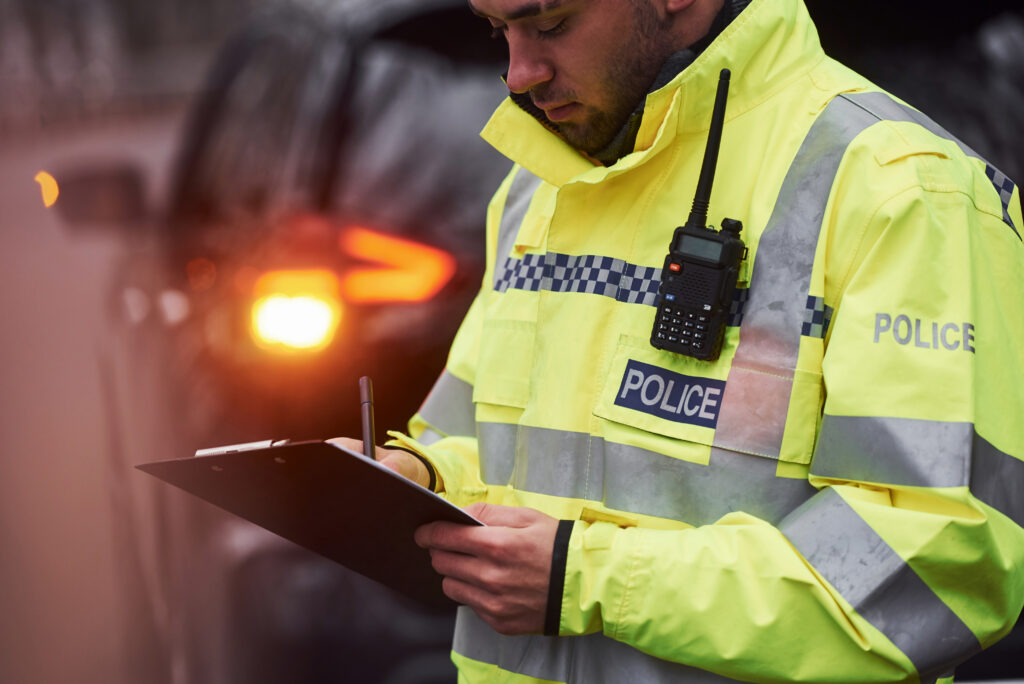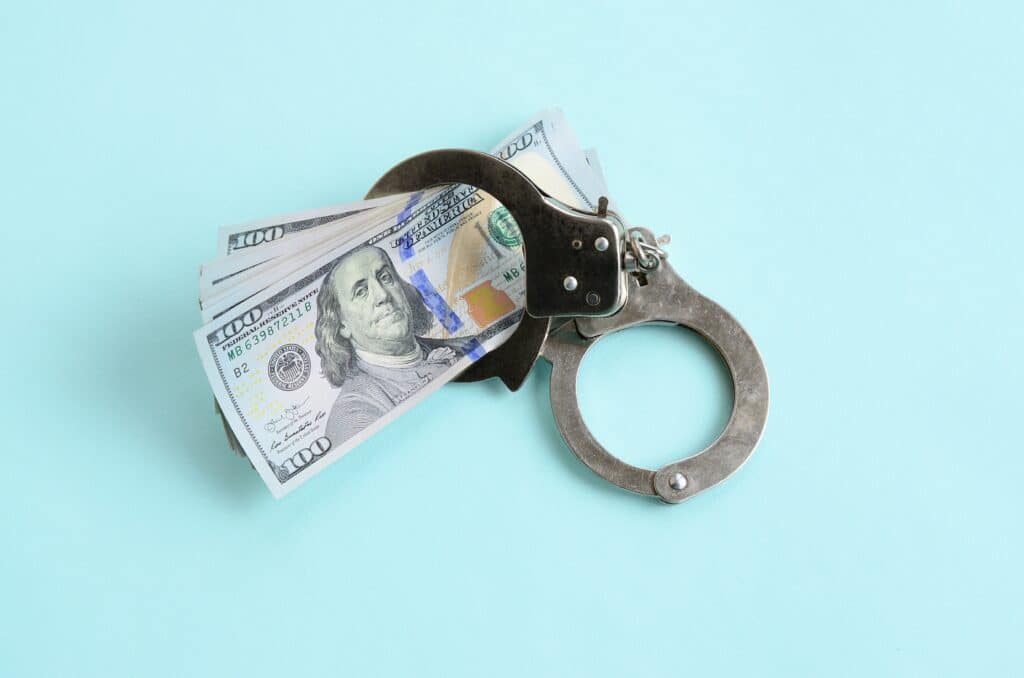Why am I Being Charged with possession of a trace amount of Cocaine?

As this year comes to a close I hope that the Harris County District Attorney’s Office decides to go back to the refusal of filing felony charges for trace amount of cocaine possession. As late as last year the Harris County District Attorney’s Office was telling police that she should file the same charges as a misdemeanor. They new administration made a political decision to change that policy. I can honestly say that i believe it was the right decision to make those cases a misdemeanor instead of a felony charge. After dealing with drug cases for close to 20 years I know that anyone using drugs never wants to leave any drugs behind. Thus, they are never intentionally in possession of the cocaine.
It has been my experience that of all felony charges the trace amount of cocaine charge is the most annoying. Judges dislike seeing them in their court, prosecutors are uncomfortable prosecuting them and juries hate labeling someone as a felon for a minuscule amount of a drug.
If you or anyone you know needs to contact a criminal defense attorney because of a possession of a trace amount of cocaine charge, don’t hesitate to contact The Martinez Law Firm today. We will work hard for you and your rights.





